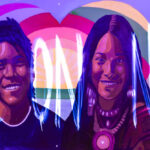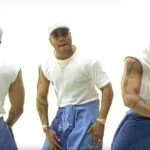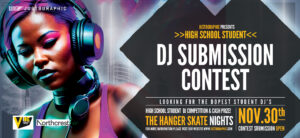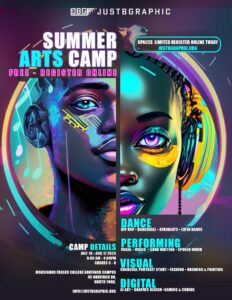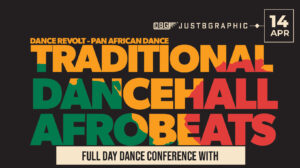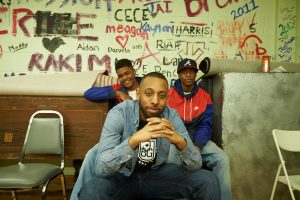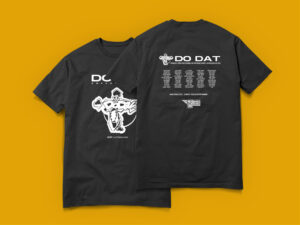What made Do Dat truly unique was they were not a breakdance crew, their style of choreography, and the amount of male dancers that were active members of the crew.
At the point of the group’s inception, most hip hop dance crews in Toronto consisted mostly of women. Do Dat’s membership at one point had 40 dancers, of which a third were men. The ethnic breakdown of the group reflected a broad base with dancers claiming heritage from the Caribbean, continental Africa, Asia, the Philippines and South America.
At the helm of this team was Luther Brown, a Jamaican born immigrant who migrated to Toronto in the early 1980’s and lived in the Jane Finch community. Luther grew up in a household that embraced art and culture. In Jamaica growing up Luther always loved to dance, and he was introduced to it from his mothers closest friends. As a teen, he quickly adapted an ear for music through assisting his father on Toronto’s longest running reggae radio show, The Caribbean Crucible which ran from 1987 through 2007 at York University’s community radio station CHRY 105.5 FM.

Most dancehall and reggae music is written using the 4/4 meter with heavy emphasis on the backbeat. Luther’s innate ability to hear the ‘pockets’ in hip hop allowed him to create movements that would sit in those pockets which ultimately set his choreography apart from other hip hop dance practitioners of the time.
Luther would seamlessly weave rigid chest, head, shoulder and arm movements with dancehall inspired grooves which centred the body while sweeping the stage with intricate stage formations. His choreography was precise and formulated, it was colured with the moves characterised by the individual dancer. In essence, Luther fused hip hop and reggae with militant moves and formations inspired by step dance, a West African dance that Black Americans have adopted into Black Fraternity and Sorority culture.



